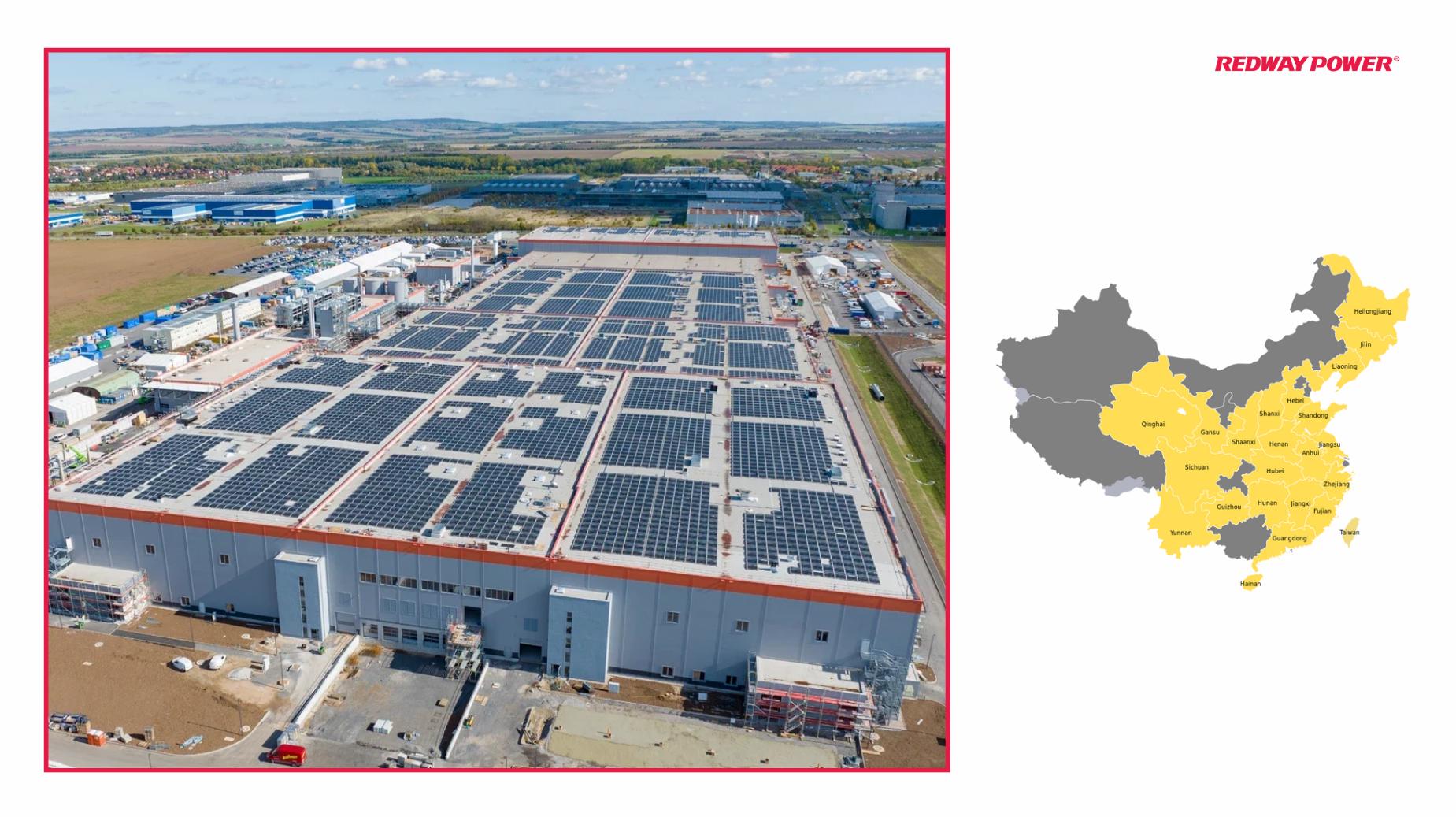
How Many Lithium Battery Factories Are There in China?
China has established itself as a powerhouse in the global lithium battery market, with a vast network of factories dedicated to producing these essential components for electric vehicles and renewable energy storage. As of 2025, there are over 200 lithium battery factories operating across the country, reflecting its dominant position in this critical industry.
What is the current state of lithium battery factories in China?
The current landscape of lithium battery factories in China is characterized by rapid growth and significant investment. As of 2025, China accounted for approximately 73% of global lithium-ion battery production, with an estimated capacity exceeding 1,500 GWh. This expansion is driven by increasing demand for electric vehicles (EVs) and energy storage systems, prompting both established companies and new entrants to invest heavily in manufacturing capabilities.
How many lithium battery factories are operating in China?
China hosts over 200 operational lithium battery factories, making it the largest producer globally. These facilities vary significantly in size and output capacity, ranging from small-scale manufacturers to large gigafactories operated by major players such as CATL and BYD. The concentration of these factories primarily occurs in regions like Jiangsu, Guangdong, and Zhejiang provinces, which have become hubs for battery production.
What companies dominate China’s lithium battery manufacturing?
Several key companies lead the charge in China’s lithium battery manufacturing:
- Contemporary Amperex Technology Co., Limited (CATL): The largest manufacturer globally, CATL holds around 35% of the global market share for lithium-ion batteries.
- BYD Company Limited: A significant player not only in batteries but also in electric vehicles, BYD has expanded its influence across multiple sectors.
- Ganfeng Lithium: As one of the largest suppliers of lithium compounds, Ganfeng plays an essential role throughout the supply chain.
- LG Chem and Panasonic: While these companies are based outside China, they have established partnerships with Chinese firms to secure their supply chains.
These companies contribute significantly to both domestic supply and international exports of lithium batteries.
What challenges do lithium battery factories in China face?
Despite their dominance, Chinese lithium battery factories encounter several challenges:
- Overcapacity: Rapid expansion has led to an oversupply situation, resulting in lower prices and reduced profit margins for manufacturers.
- Dependence on Imports: The industry relies heavily on imported raw materials, making it vulnerable to global supply chain disruptions.
- Environmental Concerns: Mining operations often face scrutiny regarding their environmental impact, prompting calls for more sustainable practices.
- Geopolitical Tensions: Trade relations with other countries may affect access to markets or raw materials, complicating supply chain dynamics.
Addressing these challenges will be crucial for maintaining competitiveness within the global market.
How is the Chinese government supporting the lithium battery industry?
The Chinese government plays a significant role in supporting its lithium battery industry through various initiatives:
- Financial Incentives: Substantial subsidies and tax breaks are provided to manufacturers to encourage research and development as well as expansion efforts.
- Research Funding: The government allocates funds for technological advancements aimed at improving efficiency and reducing costs within the industry.
- Regulatory Support: Policies are implemented to streamline operations and ensure that manufacturers adhere to safety and environmental standards.
These supportive measures aim to bolster China’s position as a leader in both domestic and global markets for lithium batteries.
What are the future trends for lithium battery production in China?
Future trends indicate continued growth and innovation within China’s lithium battery sector:
- Increased Capacity: Projections suggest that production capacity could reach upwards of 6,197 GWh by 2027 as demand for EVs continues to rise globally.
- Technological Advancements: Research into solid-state batteries and other advanced technologies may lead to safer, more efficient energy storage solutions.
- Sustainability Focus: There will be a growing emphasis on sustainable practices within the supply chain, including recycling initiatives and responsible sourcing of raw materials.
These trends suggest a dynamic future for the lithium battery sector, shaped by technological advancements and changing consumer preferences.
FAQ Section
Q: How many operational lithium battery factories are there in China?
A: There are over 200 operational lithium battery factories currently running across China.Q: Who are the major companies involved in China’s lithium battery manufacturing?
A: Major players include Contemporary Amperex Technology Co., Limited (CATL), BYD Company Limited, and Ganfeng Lithium.Q: What challenges does China’s lithium industry face?
A: Key challenges include overcapacity, dependence on imported raw materials, environmental concerns, and geopolitical tensions affecting trade relations.
Industrial News
China’s dominance in the global lithium-ion battery market continues amidst fluctuating prices and concerns about overcapacity. Recent government guidelines aim to stabilize production while fostering innovation within the sector. With major players like CATL adjusting their output strategies, analysts anticipate potential price recoveries as supply aligns more closely with demand over time.
LiFePO4 Battery Expert Views
Dr. Emily Carter, an expert on energy storage systems, states, “China’s strategic investments across various stages of the lithium supply chain have solidified its position as a leader in this critical technology area. However, sustainability concerns must be addressed as we move towards a greener future.”and Energizing the World!
When it comes to fueling innovation, China has emerged as a powerhouse in various sectors. From manufacturing and technology to renewable energy, this dynamic nation is leaving no stone unturned. One of its most significant contributions to the global market is in the realm of battery production. With an ever-increasing demand for sustainable energy solutions, China’s battery factories have become instrumental in shaping our future.
In this blog post, we dive deep into the world of China’s battery industry – exploring its current landscape, environmental impact, technological advancements, and future plans for expansion. Join us on this electrifying journey as we unravel how many battery factories exist in China and their profound influence on both local and international markets!
